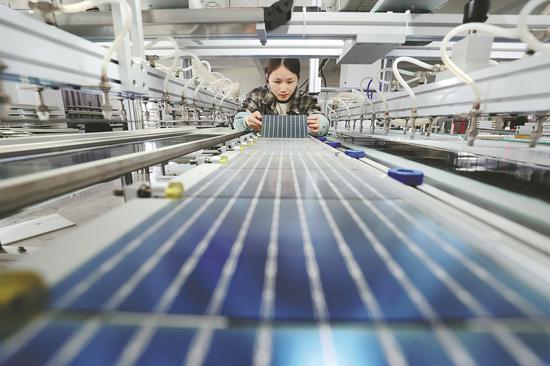
An employee works on a photovoltaic production line at a tech company in Huzhou, Zhejiang province. (Photo: For China Daily/ by Xie Shangguo)
Some foreign officials, media allegedly utilizing tactic as trade protectionism
Efforts by certain countries to adopt the pretext of "overcapacity" to implement trade protectionism pose a significant threat to global trade and economic growth, according to China's top economic regulator.
In an article published on its official WeChat account on Friday, the National Development and Reform Commission said that China's exports of electric vehicles, lithium batteries, photovoltaic products and other items enrich the global supply chain and alleviate global inflationary pressure, making notable contributions to efforts worldwide in addressing climate change and promoting green transition.
For some time now, officials and media in some countries have been accusing China of "overcapacity" related to its new energy products, laying the groundwork for unilateralism and the enforcement of protectionist policies, said the article.
However, when examined from the perspective of the international division of labor, global supply and demand, and tried-and-true market principles, the alleged "overcapacity" in China's new energy sector appears to be nothing more than a meticulously constructed ploy by some countries, it said.
The NDRC stressed this strategy aims to justify imposing trade protection measures. The consequences of such actions not only fail to benefit the accusing parties themselves, but also disrupt the stability and efficiency of global industrial and supply chains. They inflict damage on global economic and trade growth while impeding progress toward green transformation worldwide.
Experts said that enforcing protectionist measures under the pretext of addressing alleged "overcapacity" restricts market competition and shields outdated production capabilities. This threatens global industrial progress.
Countries such as the United States are intensifying limitations on China's exports of high-quality goods under the banner of "overcapacity". This approach serves as a safeguard for their own outdated production capabilities, achieved through non-market methods, said Li Wei, a researcher specializing in industrial economy at the Shanghai Academy of Social Sciences.
The high market share of Chinese new energy vehicles in the European market is also partly attributable to U.S. and European companies manufacturing vehicles in China, said Ji Xuehong, a professor at the School of Economics and Management at Beijing-based North China University of Technology.
Ji said that their overseas expansion benefits from China's well-developed supply chain and the business decisions of their headquarters. This does not point to a scenario in which Chinese automakers monopolize the European market.
The price advantage of Chinese new energy vehicles does not only not distort the market, but also provides a practical solution for Europe to achieve its energy transition goals, he added.
China's auto sales rose 10.6 percent year-on-year to 6.72 million units in the first quarter, said the Beijing-based China Association of Automobile Manufacturers.
In the meantime, the country's auto exports rose 33.2 percent year-on-year to over 1.32 million units.
Dismissing the "China overcapacity" narrative, David Slump, president and CEO of Marelli Holdings Co Ltd — an Italian-Japanese mobility product supplier to the automotive industry — said that China, recognized globally as a major EV market and home to some of the world's leading EV manufacturers, will create substantial opportunities for global companies aiming to sustain robust growth in this burgeoning sector.
Eager to cut carbon emissions, many countries are building infrastructure such as charging facilities, battery swap stations and capable grid systems to facilitate their consumers driving EVs on the road, said Slump.
To stay competitive, Marelli will soon expand its engineering team in China from 800 to 1,000 to meet surging demand for innovation.
As China embarks on a new phase of growth focused on sustainability and innovation, he said the group will deploy more resources to develop greener and artificial intelligence-related products for the Chinese market in the coming years.








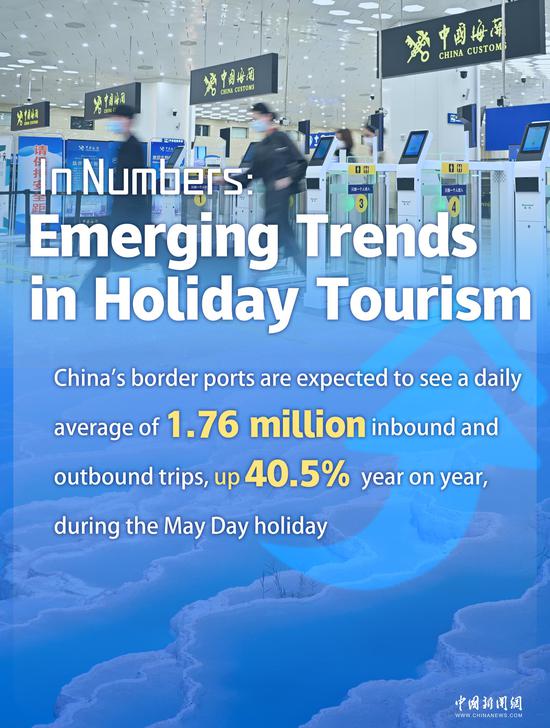
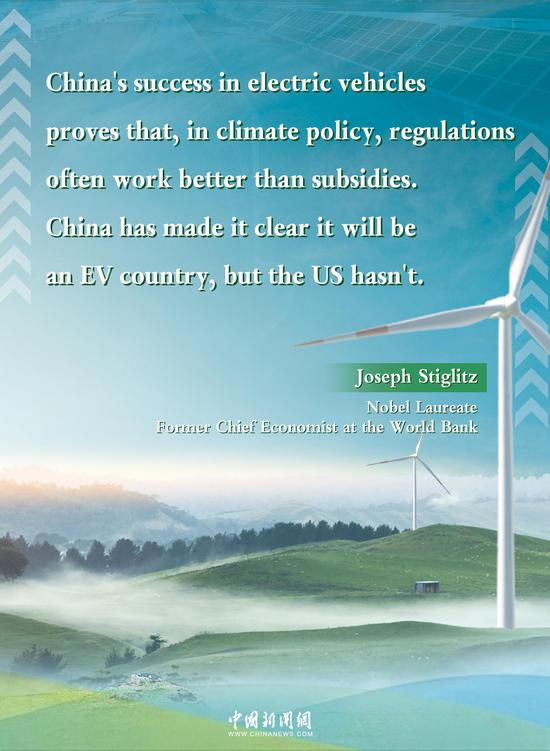



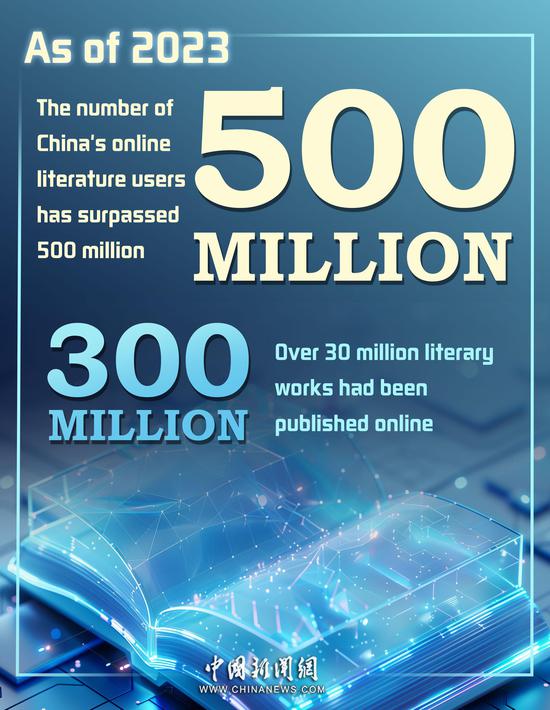
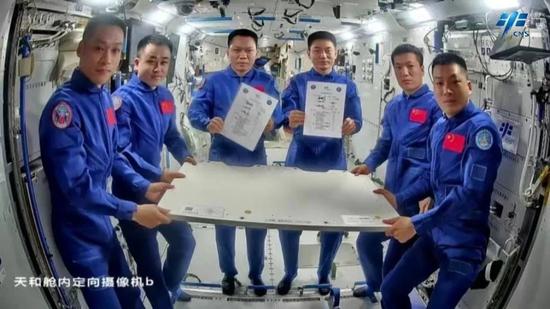
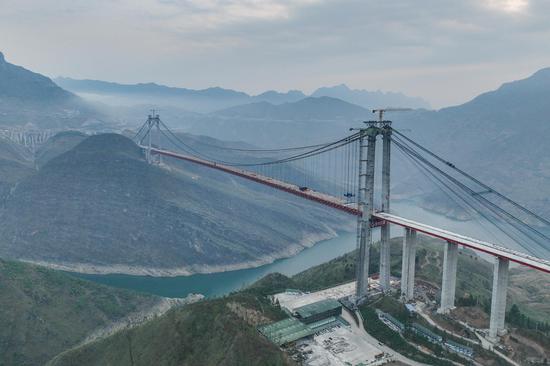

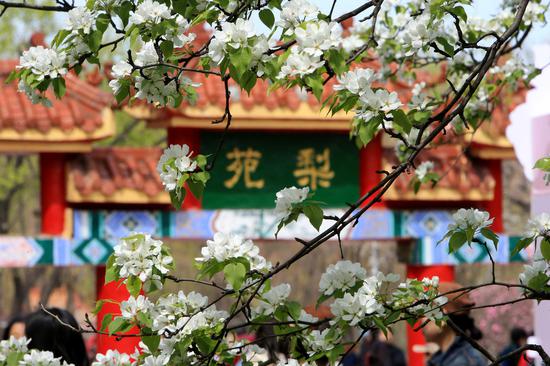
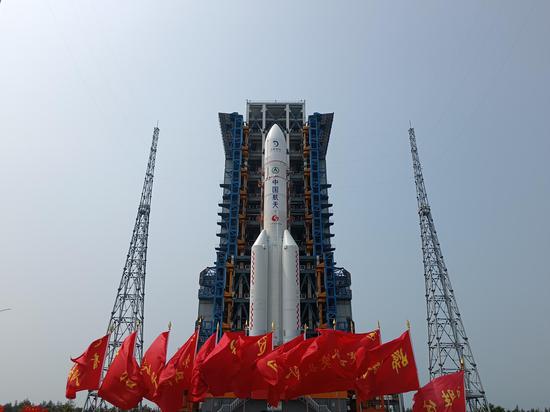


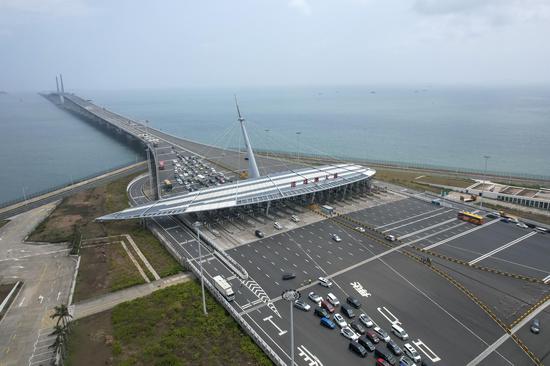

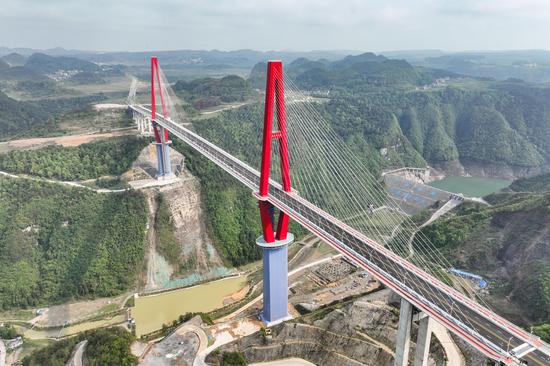
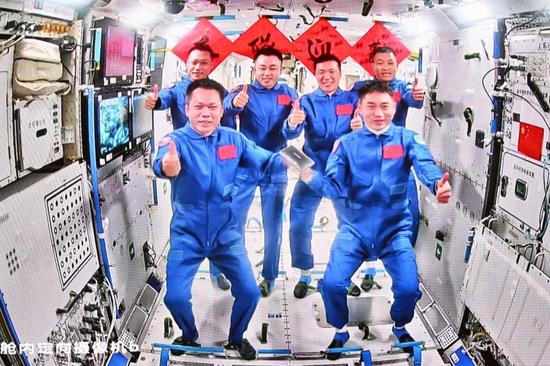
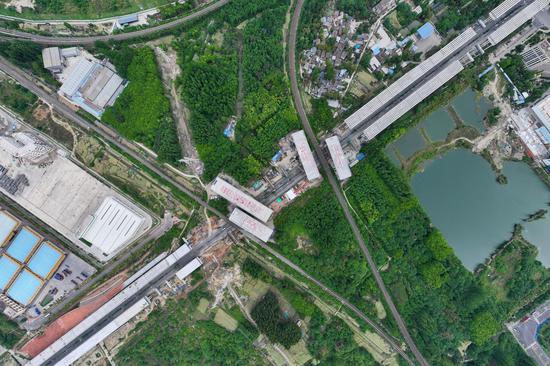

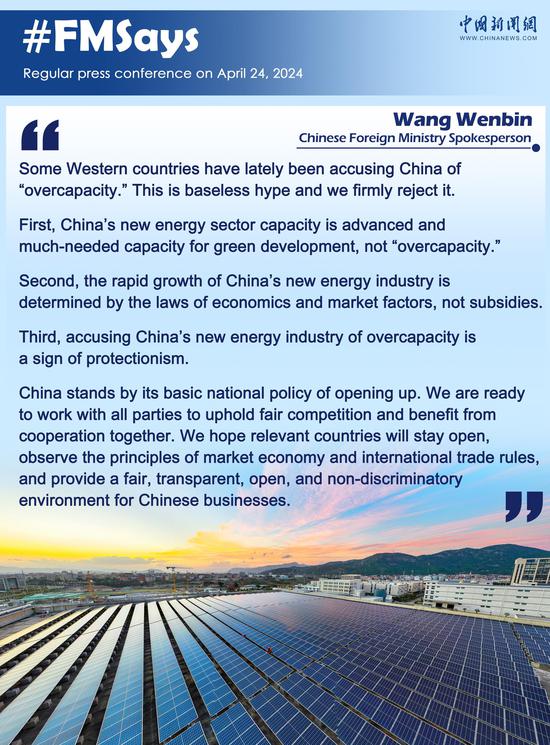
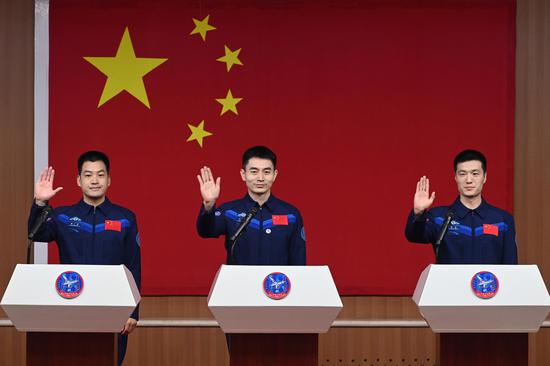
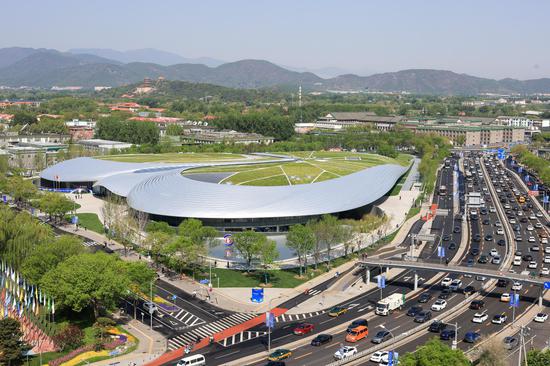

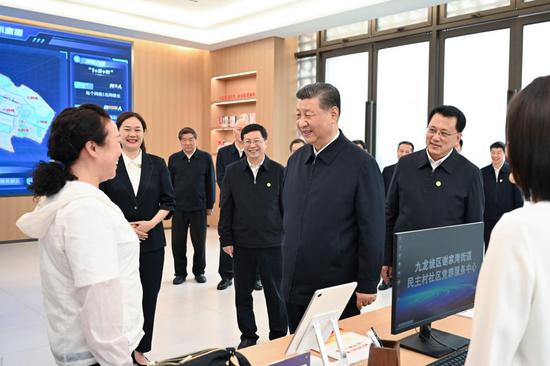
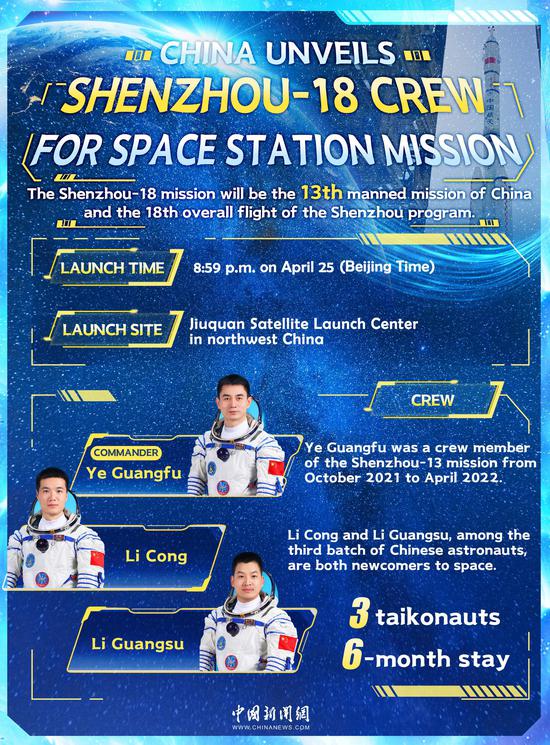
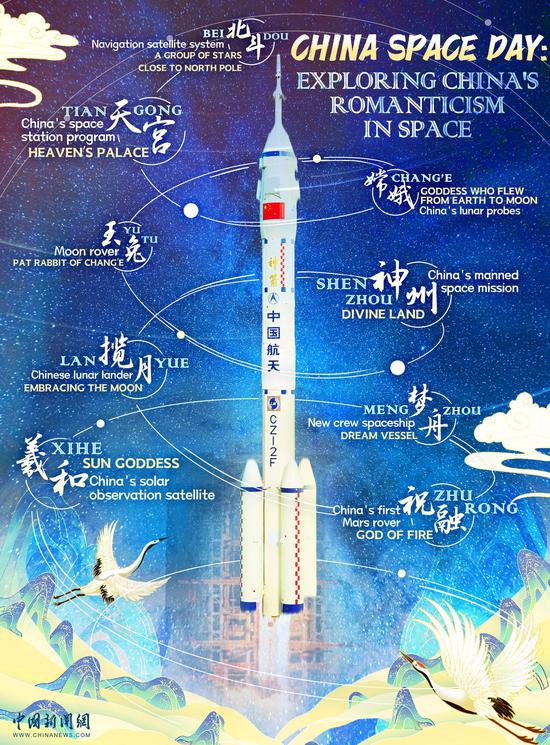
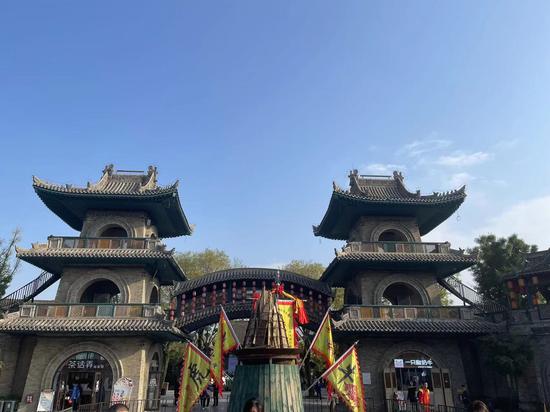
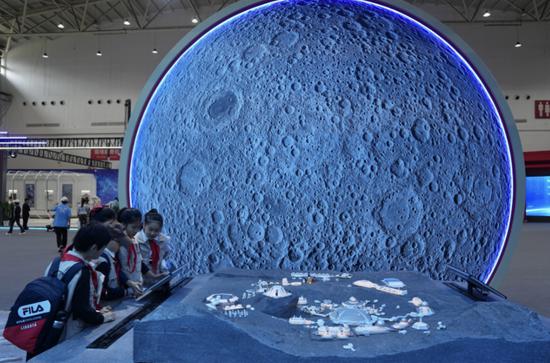





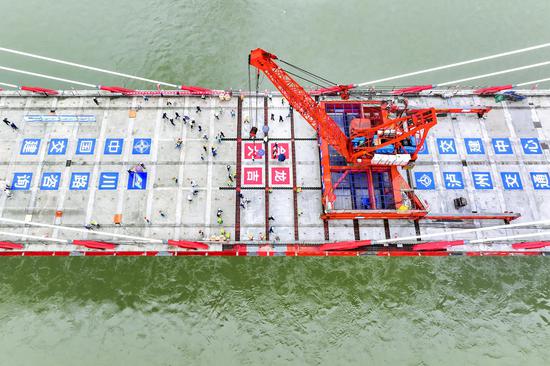

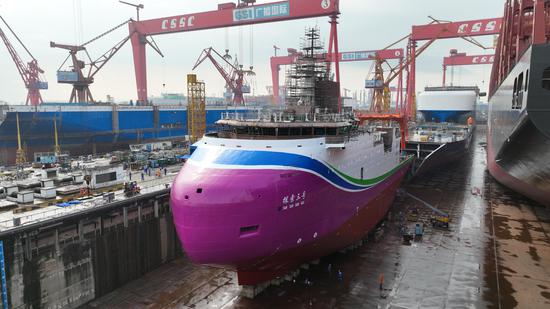
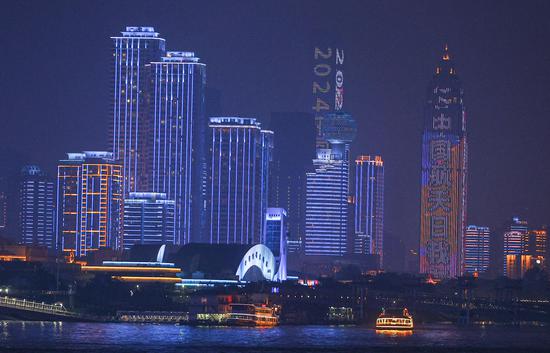



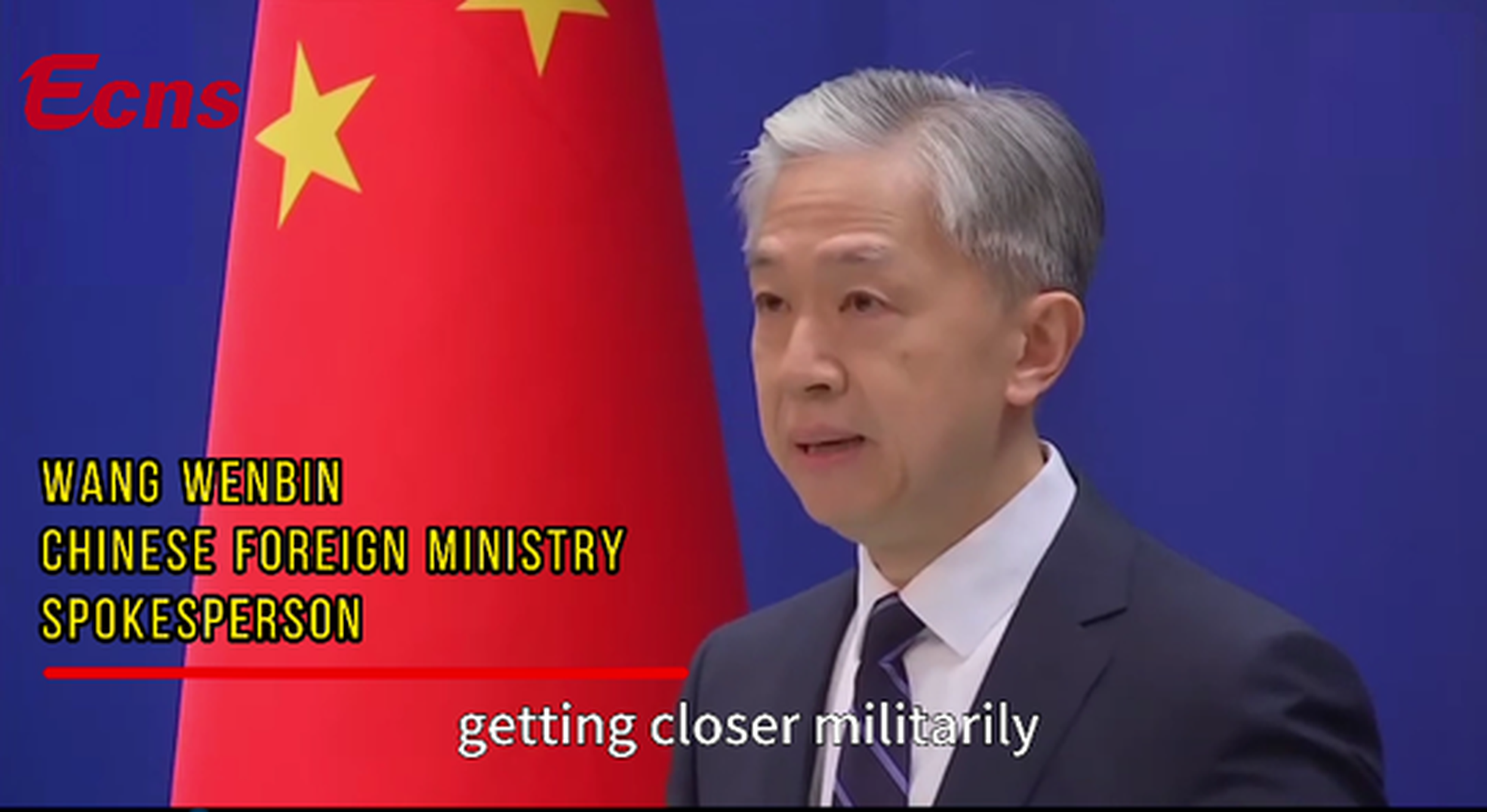

 京公网安备 11010202009201号
京公网安备 11010202009201号